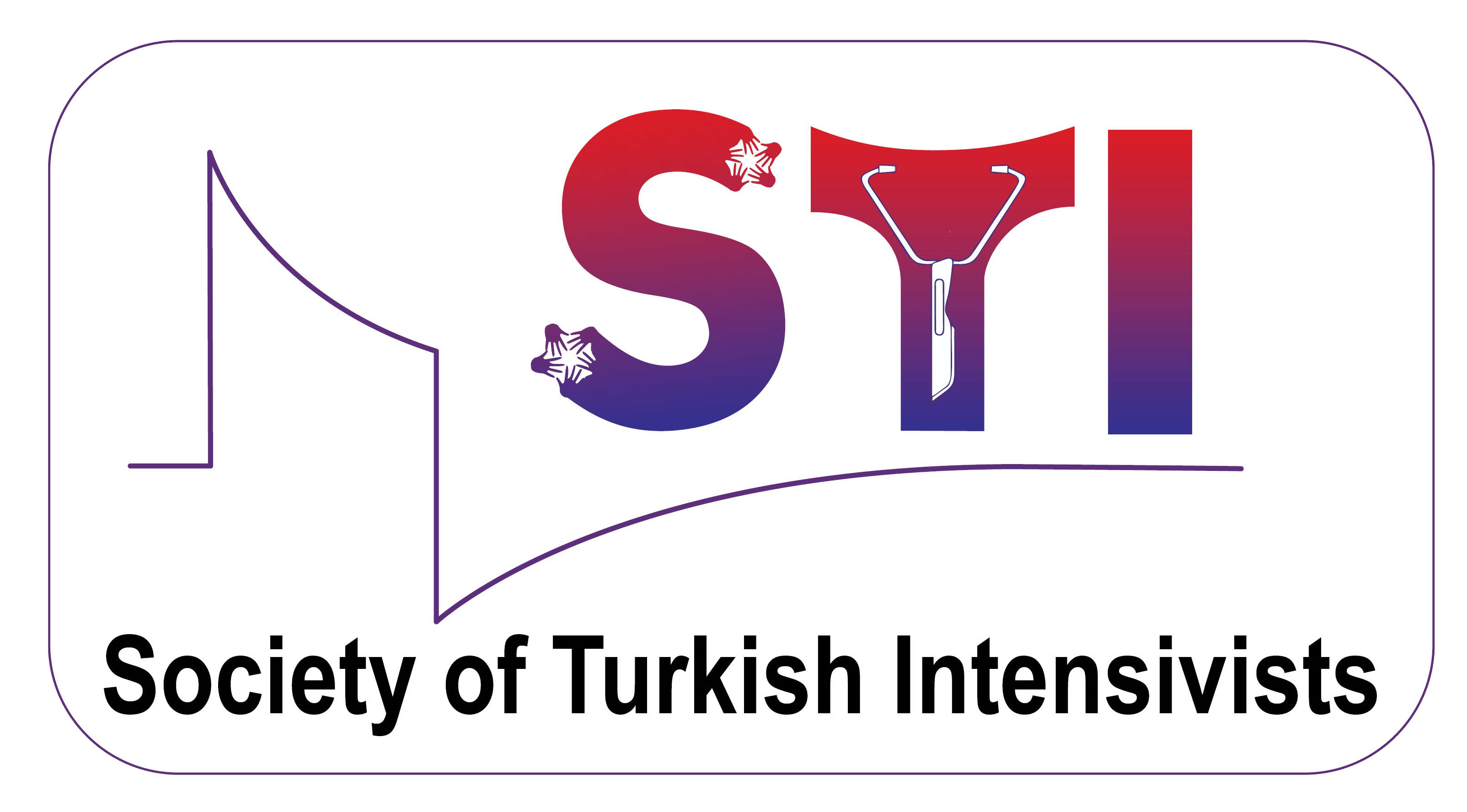2Department of Anesthesia and Crticial Care La Sapienza University of Rome, Rome, Italy
Abstract
Sepsis is a highly prevalent condition in intensive care units, with one of its severe complications being acute kidney injury (AKI). Sepsis-associated acute kidney injury (SA-AKI) can be a reversible process if timely recognition and adequate treatment are provided. This systematic review (SR) summarizes the current clinical evidence on machine learning (ML)-based prediction models. After conducting the literature search, nine publications met the inclusion criteria of the SR, categorized into three groups: prediction of SA-AKI occurrence, prediction of persistent AKI in septic patients, and prediction of mortality in SA-AKI patients. In summary, based on the current clinical evidence, ML-based methods show great potential for future clinical applications. They have the ability to outperform conventional scoring systems, such as the Sequential Organ Failure Assessment (SOFA) and the Simplified Acute Physiology Score II (SAPS II), indicating their promising role in clinical practice.


